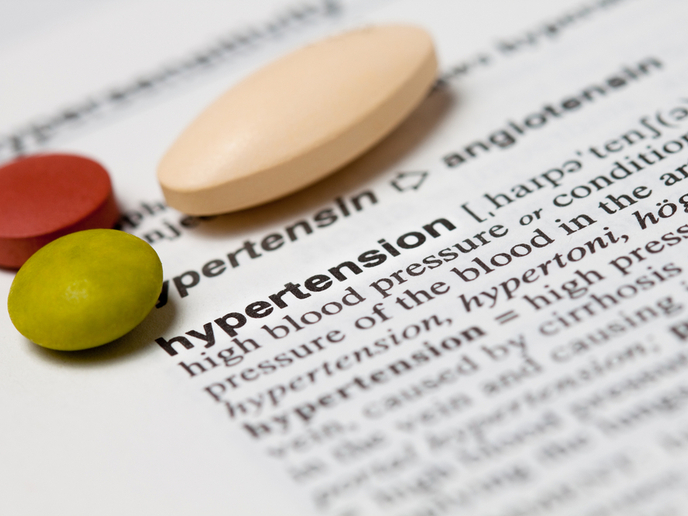Study shows medication used to treat chest pain and high blood pressure is associated with an increased risk of out-of-hospital sudden cardiac arrest (SCA).

What is SCA?
Sudden Cardiac Arrest (SCA) occurs when the heart unexpectedly stops beating. It can be lethal within minutes if appropriate steps aren’t taken immediately. Often caused by cardiac arrhythmia (a heart rhythm disorder), SCA accounts for 50% of all cardiovascular deaths each year.
The ESCAPE-NET Study
A European Union-funded study under the ESCAPE-NET project aimed to examine the relationship between certain drugs and out-of-hospital cardiac arrest (OHCA).
The study’s results were presented in March 2019 at the European Heart Rhythm Association’s annual congress.
Focus of the Research
Researchers analyzed two drugs in the dihydropyridine group:
- Nifedipine
- Amlodipine
Data was taken from:
- Dutch Amsterdam Resuscitation Studies registry
- Danish Cardiac Arrest Registry
They specifically studied OHCA cases with ventricular tachycardia/ventricular fibrillation (life-threatening heart rhythms).
Key Findings
- High-dose nifedipine (≥60 mg/day) was linked to an increased risk of OHCA.
- Low-dose nifedipine (<60 mg/day) did not show an increased risk.
- Amlodipine, at any dose, showed no increased OHCA risk.
Expert Opinion
Dr. Hanno Tan, project leader and cardiologist, emphasized the need for more studies before changing clinical practice:
“This study suggests high-dose nifedipine may raise the risk of sudden cardiac arrest due to fatal arrhythmia, while amlodipine does not. If confirmed, these findings may affect prescribing decisions.”
About ESCAPE-NET
ESCAPE-NET (European Sudden Cardiac Arrest network: towards Prevention, Education and New Treatment) is a large-scale project that:
- Combines over 94,000 SCA cases from across Europe.
- Studies a wide range of risk factors, including:
- Environmental (e.g. stress, air pollution)
- Genetic (e.g. family history)
- Acquired (e.g. medications, lifestyle)
Future Goals
- Build DNA databases from SCA cohorts for research.
- Enhance personalized medicine and preventive strategies.
- Use smartphone apps and ICT tools to improve emergency response.